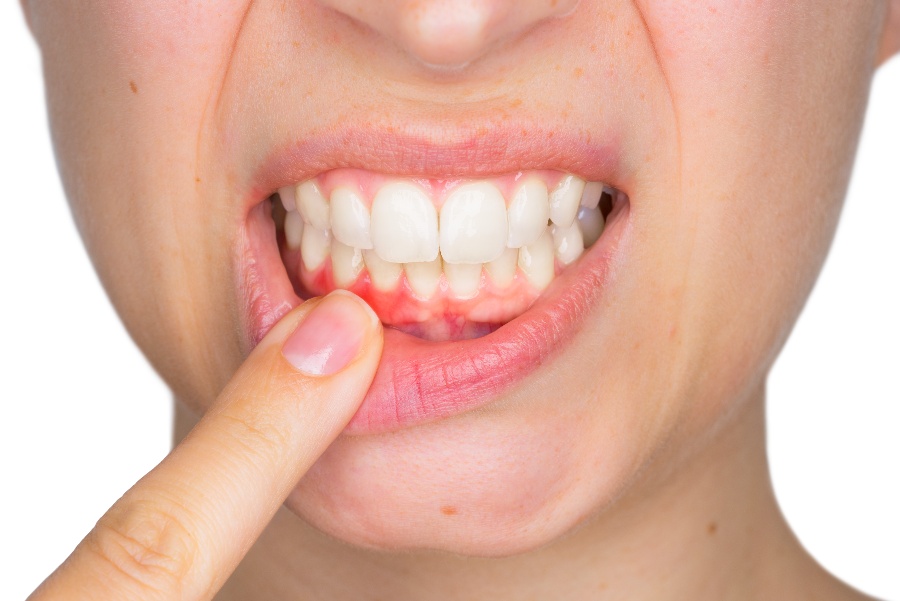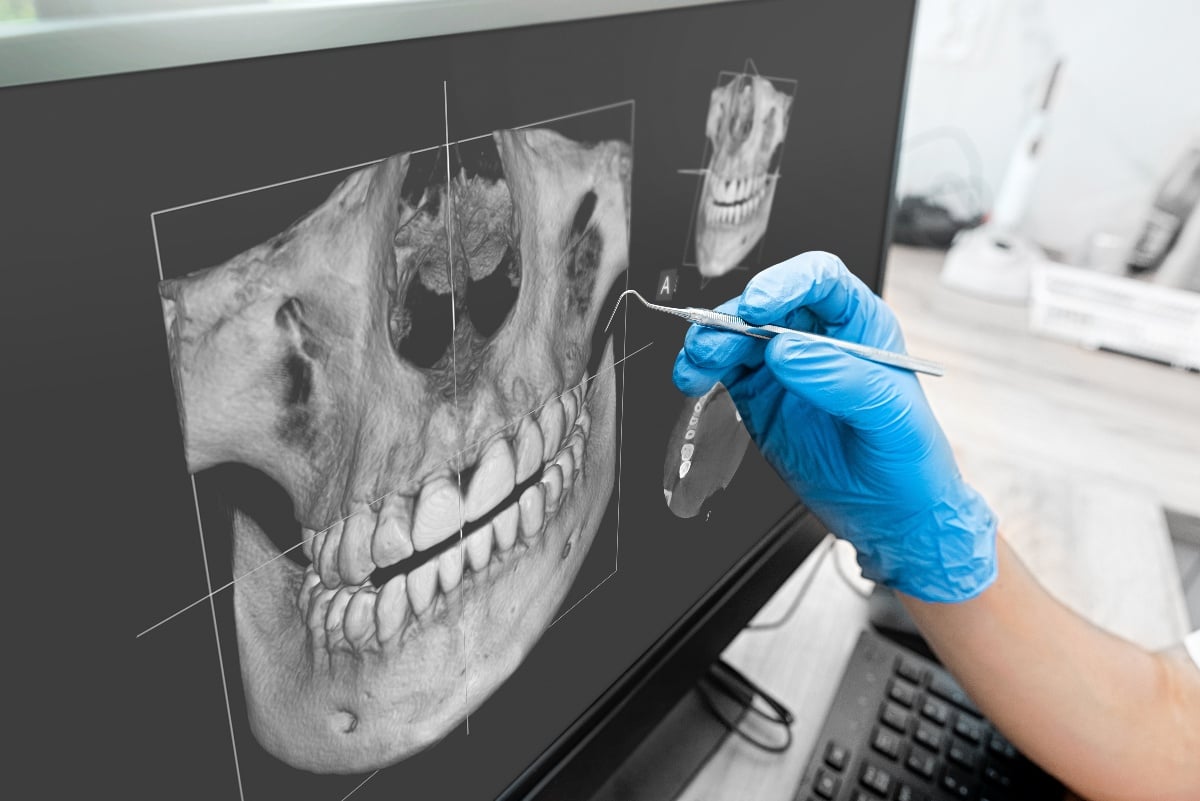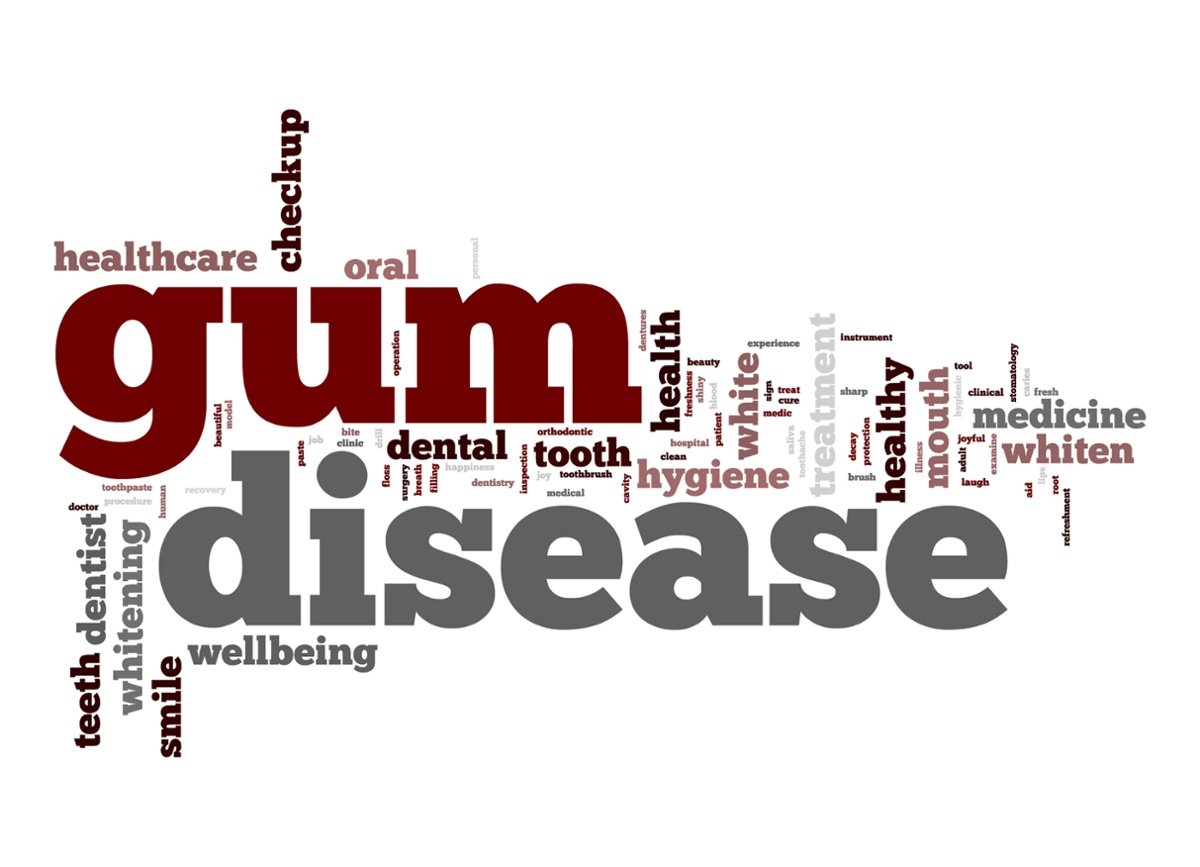Bleeding gums may cause tension in many people, even though it's an easily-resolved dental issue. You don't have to panic when it happens because sometimes we can solve it by changing our brushing technique.
However, you might need to get checked for more serious health conditions if you're always experiencing bleeding gums.
At Palmetto Dental Arts in Bluffton, SC, we will help you discover some leading causes of bleeding gums and how to stop them before they develop into serious conditions.
Bleeding Gums Symptoms
Bleeding is usually caused by plaque build-up around the gum line, and it's easy to diagnose. The gums appear red and swollen and may bleed when you brush. Bleeding gums arise for several reasons, and some may be treated at home, while others might require more specialized treatment.
Why Do Gums Bleed?
Your gums may bleed for many reasons, such as:
1. Gum disease
Poor oral hygiene eventually leads to gum disease, and its common symptoms include pain, swelling, and bleeding. Early-stage gum disease is reversible and can be treated by a dentist.
2. Blood-thinning medications
Some medications like aspirin have blood-thinning agents which slow down clotting.
3. Pregnancy
Pregnancy gingivitis happens when rising hormone levels increase blood flow to the gums.
4. Poor dental floss technique
Flossing removes plaque in areas your toothbrush can't reach, but when you do it too rough, it could cause your gums to bleed.
5. Using a stiff toothbrush
Brushing your teeth too rough or using a stiffer toothbrush may damage the gums, causing them to swell or bleed.
6. Vitamin deficiency
Your gums bleed easily when you have low levels of vitamin K because your blood fails to clot properly.
You may solve most of these problems by improving your dental hygiene practices, and with a regular dentist appointment, you can keep all of them at bay.
7. Low immunity
Persistent stress and habits like smoking lower your body's immunity, making it easy for gum disease bacteria to thrive in your mouth.
Can Bleeding Gums Be Gum Disease?
Bleeding is one of the main symptoms of gum disease. But to truly confirm if that's the case, check for other symptoms like swelling and inflammation. In its less severe form, gum disease is called gingivitis, and it's the most prevalent. Left untreated, it leads to periodontitis, a more serious condition that causes the gums to pull away from the teeth.
Gum disease is caused by tooth bacteria, called plaque. When you fail to clean your teeth for long, it forms a hard film around the tooth and keeps hardening until it becomes hard to brush the teeth. It gets to a point when only a qualified dentist can remove the plaque and stop the disease progression.
How Common is Gum Disease?
Anyone can get gum disease, but some people are more at risk, especially as you age. According to the CDC, up to 40% of adult Americans have been affected by gum disease. You're also at high risk if:
- You have poor dental hygiene
- You have chronic conditions like diabetes, which lower your immunity
- You have a family history of gum disease
- You rarely make your dental appointments
- You have crooked teeth, loose-fitting bridges, and loose fillings
Schedule a visit to the dentist if you feel that you might be at risk of developing gum disease.
Symptoms of Gum Disease
Here are some of the warning signs for gum disease:
- The gums are swollen, feel too tender, and bleed easily
- Loose teeth
- Pain when chewing
- Bad breath
- Persistent bad taste in the mouth
- Gums pulling away from the teeth
- Tooth sensitivity
How to Treat Early-Stage Gum Disease
The best treatment for gum disease is catching it in its early stages. A dentist will be able to detect it and remove it. Dental care providers usually have special tools that remove the plaque, even in hard-to-reach areas. With a few more dental appointments and proper dental hygiene at home, you can stop gingivitis permanently.
Treating Severe Gum Disease
Tartar and plaque build-up could spread deeper into the root canals, calling for more advanced treatment. Depending on case severity, minor surgery could be necessary to eliminate the germs from the canals. At its worst, periodontal disease could destroy the bone structure holding your teeth, and you could lose the teeth as a result.
How to Prevent Bleeding Gums
You can stop bleeding gums and prevent gum disease with the following easy steps:
1. Toothbrushes
Anyone with sensitive gums agrees that not all toothbrushes work the same way. The American Dentists Association recommends a toothbrush with soft bristles. Additionally, they should be rinsed thoroughly and stored upright to dry in the air after each use.
Always replace your toothbrushes every 3-4 months, and much sooner if the bristles fray quickly.
2. Dental floss
Flossing is important for your oral health, but doing it wrong could increase your bleeding problem. You might experience bleeding the first time you try, but the bleeding should stop with time.
3. Eat more green vegetables
Leafy greens increase your levels of vitamin K. Some foods rich in vitamin K include spinach, collard greens, Swiss chard, and lettuce.
4. Rinsing your mouth
Antibacterial mouthwash helps to prevent early-stage periodontal disease by killing the disease-causing bacteria. It also helps to soothe inflamed gums and clears the bleeding.
Hydrogen peroxide also serves as a disinfectant, and you could use it to rinse your mouth after brushing.
Rinsing the mouth with warm, salty water also reduces bacteria and helps to stop bleeding.
5. Boost your immunity
Your body finds it hard to fight plaque bacteria when you have low immunity. Here's how you can boost your immune levels:
- Increase your vitamin C intake
- Quit smoking
- Reduce your stress levels
When Should I See a Dentist for Bleeding Gums?
Your dentist has better tools for professional cleaning, and it helps if you make an appointment with them at least twice a year. But if you have symptoms of gum disease, then you may want to do it sooner because leaving it untreated could lead to a more serious condition. Your dentist will show you better dental hygiene practices and recommend effective products based on your condition.
If you're looking for professional dental services in South Carolina, Palmetto Dental Arts have the full range of services just for you. Book a dental exam today and discover how we can help you get rid of gum disease for good.





